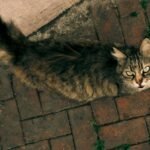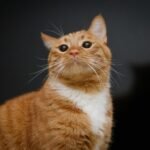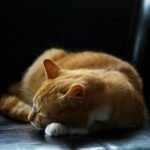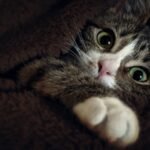Cats are often seen as low-maintenance pets, but when it comes to insurance, not all felines are created equal. Certain breeds are considered high-risk by insurers due to a variety of factors, including health issues, behavioral traits, and even specific breed characteristics. For cat lovers who are considering pet insurance, it’s important to understand why these particular breeds might raise red flags for insurers. In this article, we’ll explore ten cat breeds that often come with higher insurance premiums, shedding light on the reasons behind these assessments.
Sphynx: The Hairless Wonder
The Sphynx cat, with its distinctive hairless appearance, is beloved for its unique look and affectionate nature. However, the lack of fur makes them more susceptible to skin conditions. Without the protective barrier of fur, they are prone to sunburn and temperature regulation issues. Their sensitive skin requires special care, including regular baths and moisturization, which can be a financial consideration for owners. Additionally, Sphynx cats are known for having genetic predispositions to heart conditions such as hypertrophic cardiomyopathy. These health concerns can lead to higher veterinary bills, prompting insurers to categorize them as high-risk.
Persian: The Regal Beauty
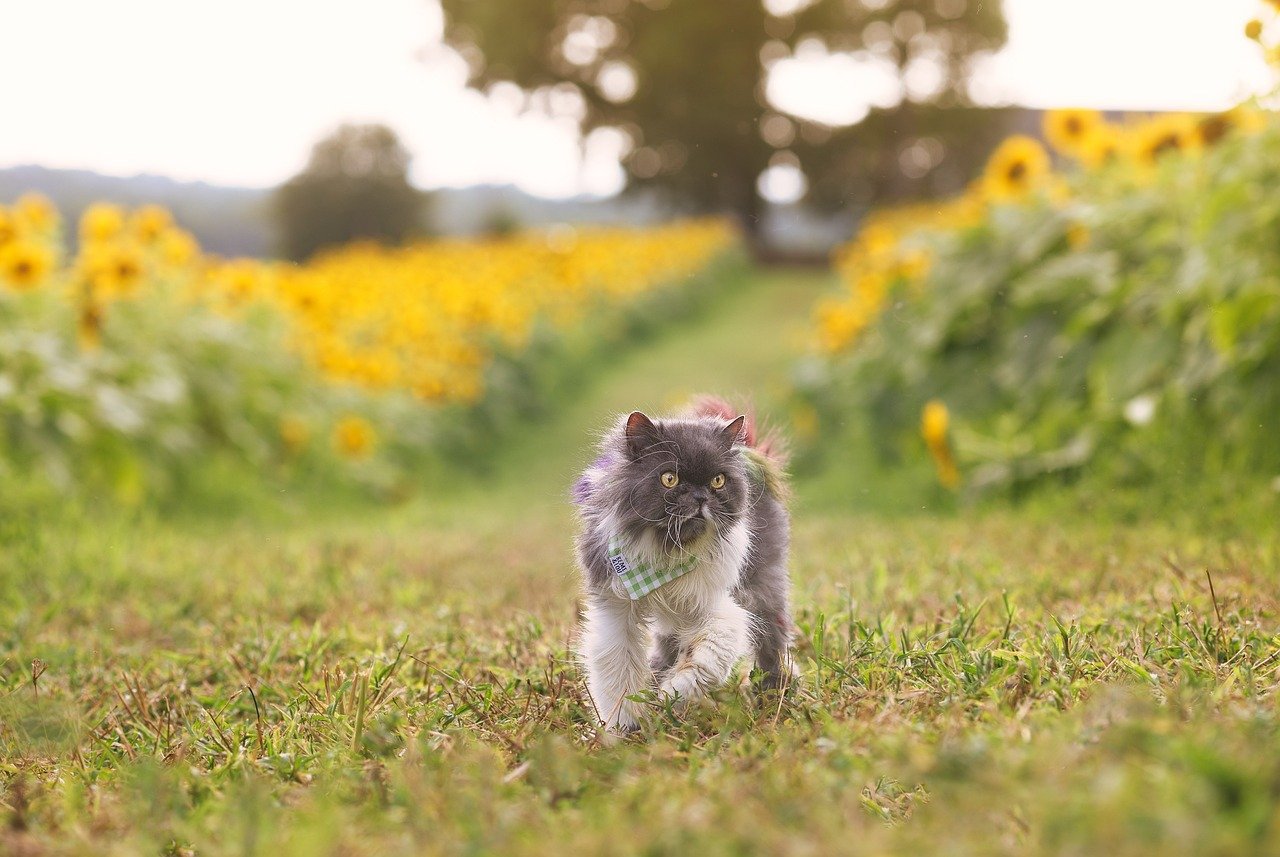
Persian cats are famous for their long, luxurious coats and sweet-tempered personalities. However, their beauty comes with a price. The breed is prone to a variety of health issues, primarily due to their brachycephalic (flat-faced) structure. Breathing problems, dental issues, and eye conditions are common among Persians. Their long fur also requires regular grooming to prevent matting and skin infections. All these factors contribute to higher potential veterinary costs, making insurers cautious about covering them. While their regal appearance is captivating, it often comes with costly medical care.
Scottish Fold: The Charming Ears
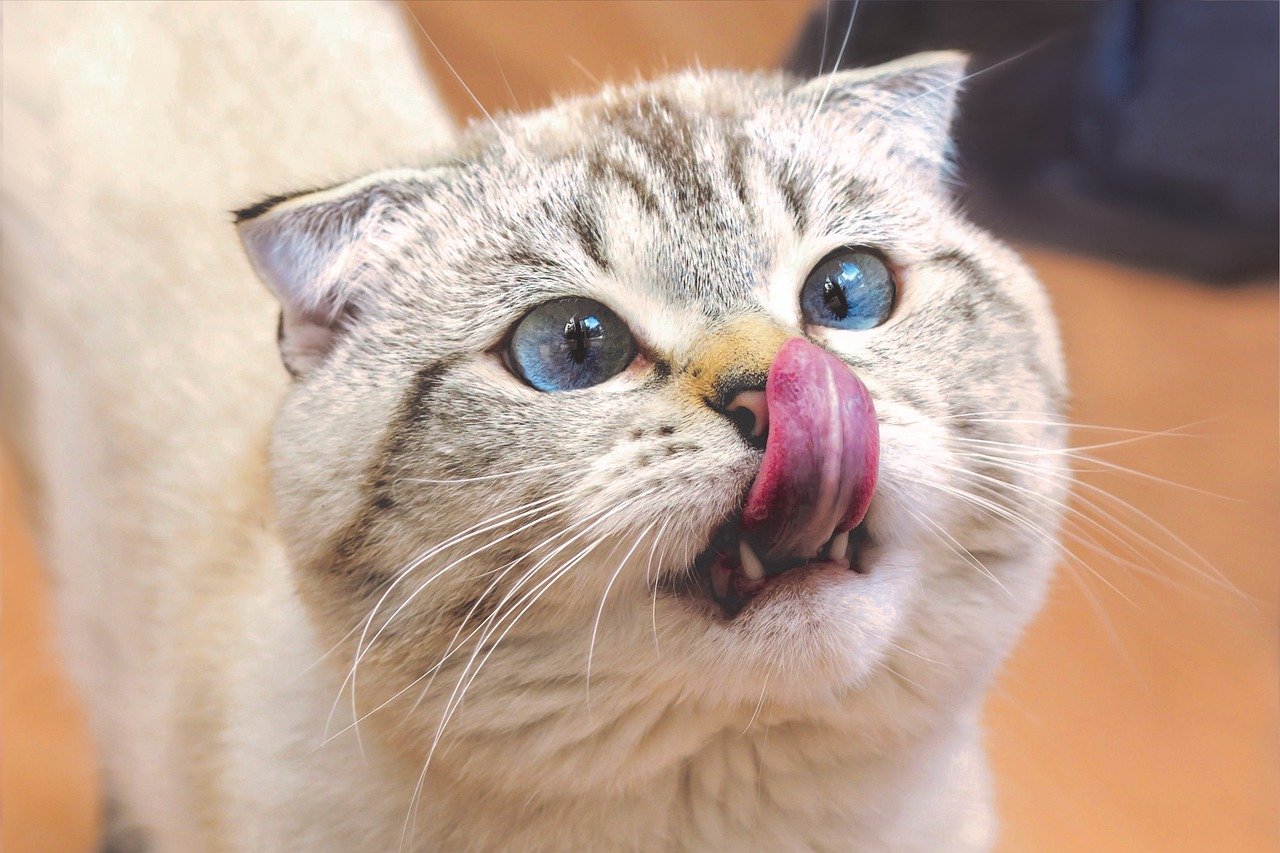
Scottish Folds are adored for their unique folded ears and gentle demeanor. The genetic mutation that causes their ear cartilage to fold, however, can also lead to serious health issues. Osteochondrodysplasia, a condition affecting cartilage and bone development, is common in Scottish Folds. This can result in painful joint problems and mobility issues as they age. These health concerns necessitate frequent veterinary visits and possible surgeries, which are costly. Insurers recognize these risks and often categorize Scottish Folds as high-risk breeds, impacting insurance premiums.
Bengal: The Wild Lookalike
Bengal cats captivate with their wild appearance and energetic personalities. While they are generally healthy, Bengals have a higher likelihood of developing certain genetic disorders. Progressive Retinal Atrophy (PRA) and hypertrophic cardiomyopathy are conditions that may affect them. Additionally, their high energy levels can lead to behavioral issues if not properly managed. Bengals require plenty of stimulation and exercise to prevent destructive behaviors, which can sometimes result in accidents or injuries. The combination of potential health issues and behavioral concerns makes them a cautious choice for insurers.
Maine Coon: The Gentle Giant
Maine Coons are known for their large size and friendly nature, earning them the nickname “gentle giants.” Despite their robust appearance, they are prone to certain genetic health problems. Hypertrophic cardiomyopathy, hip dysplasia, and spinal muscular atrophy are conditions that can affect Maine Coons. Their size also means they consume more food and require larger living spaces, adding to the cost of care. Insurers consider these factors when assessing risk, often resulting in higher premiums for Maine Coon owners.
Ragdoll: The Affectionate Companion
Ragdolls are cherished for their docile nature and striking blue eyes. However, their laid-back demeanor can sometimes mask underlying health issues. Ragdolls are susceptible to heart conditions such as hypertrophic cardiomyopathy and bladder stones. Their long coats also require regular grooming to prevent matting and skin problems. These health and grooming needs contribute to their high-risk status in the eyes of insurers. While their affectionate nature makes them wonderful companions, potential medical expenses are a consideration for owners.
British Shorthair: The Plush Feline
The British Shorthair is easily recognized by its dense, plush coat and round face. While generally healthy, this breed is prone to a few genetic conditions. Hypertrophic cardiomyopathy and hemophilia B are disorders that can affect British Shorthairs. Their calm demeanor may also lead to obesity if not monitored, as they are less active compared to other breeds. Insurers take these health risks into account when determining coverage options, often leading to higher premiums for owners of this charming breed.
Oriental Shorthair: The Sleek and Elegant
Oriental Shorthairs are known for their sleek bodies and large ears. They are generally healthy but can be prone to some genetic disorders, such as Progressive Retinal Atrophy (PRA) and amyloidosis. Their slender build also makes them more susceptible to respiratory issues and dental problems. Due to their active nature, they require plenty of mental and physical stimulation to prevent destructive behaviors. These health and behavioral considerations contribute to their high-risk designation by insurers, impacting insurance costs for their owners.
Siamese: The Vocal Companion
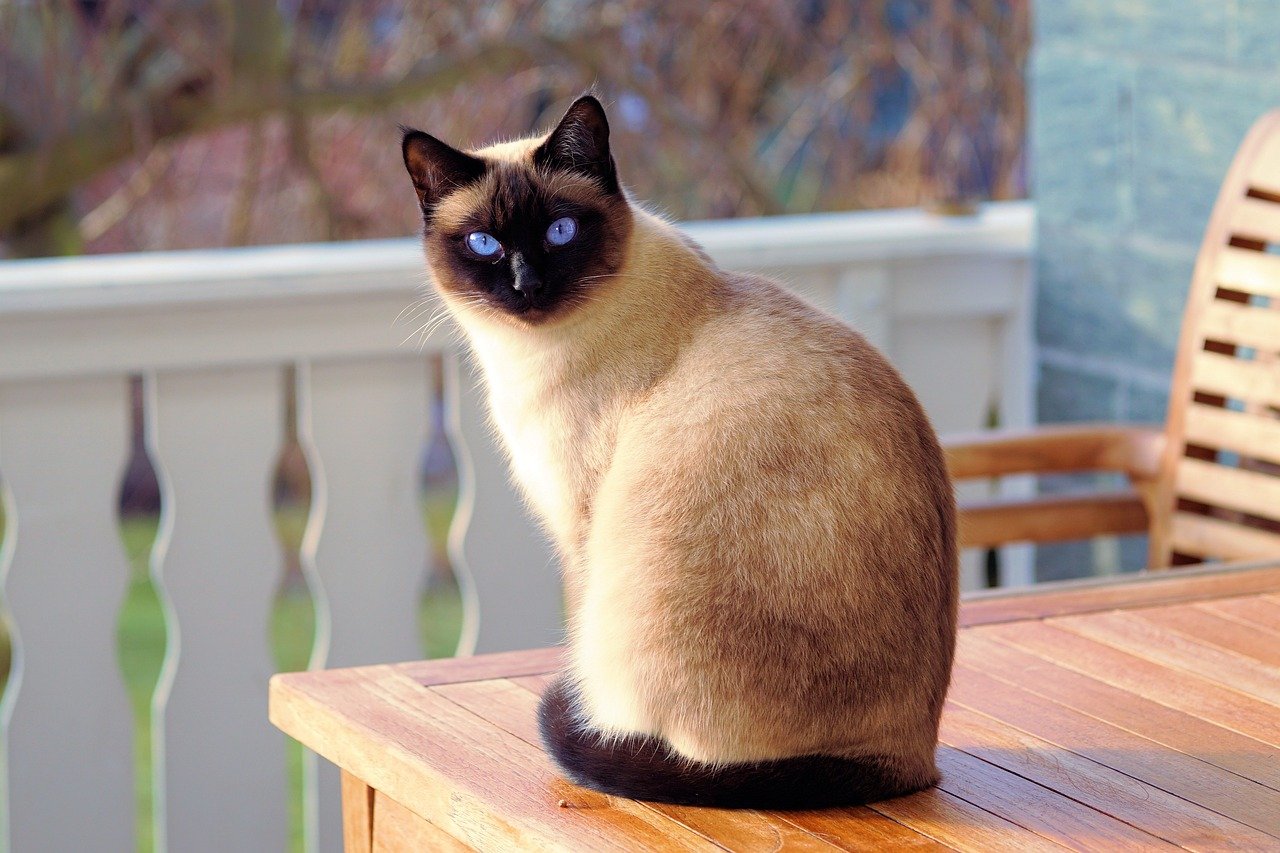
Siamese cats are renowned for their striking blue eyes and vocal personalities. While they are generally healthy, they have a higher likelihood of developing certain genetic conditions. Progressive Retinal Atrophy (PRA) and respiratory issues are among the concerns for Siamese cats. Their vocal nature can also lead to stress-related behaviors if not properly managed. These factors, combined with potential medical expenses, make Siamese cats a high-risk breed for insurers. Their captivating presence, however, continues to make them a popular choice among cat enthusiasts.
Abyssinian: The Curious Explorer
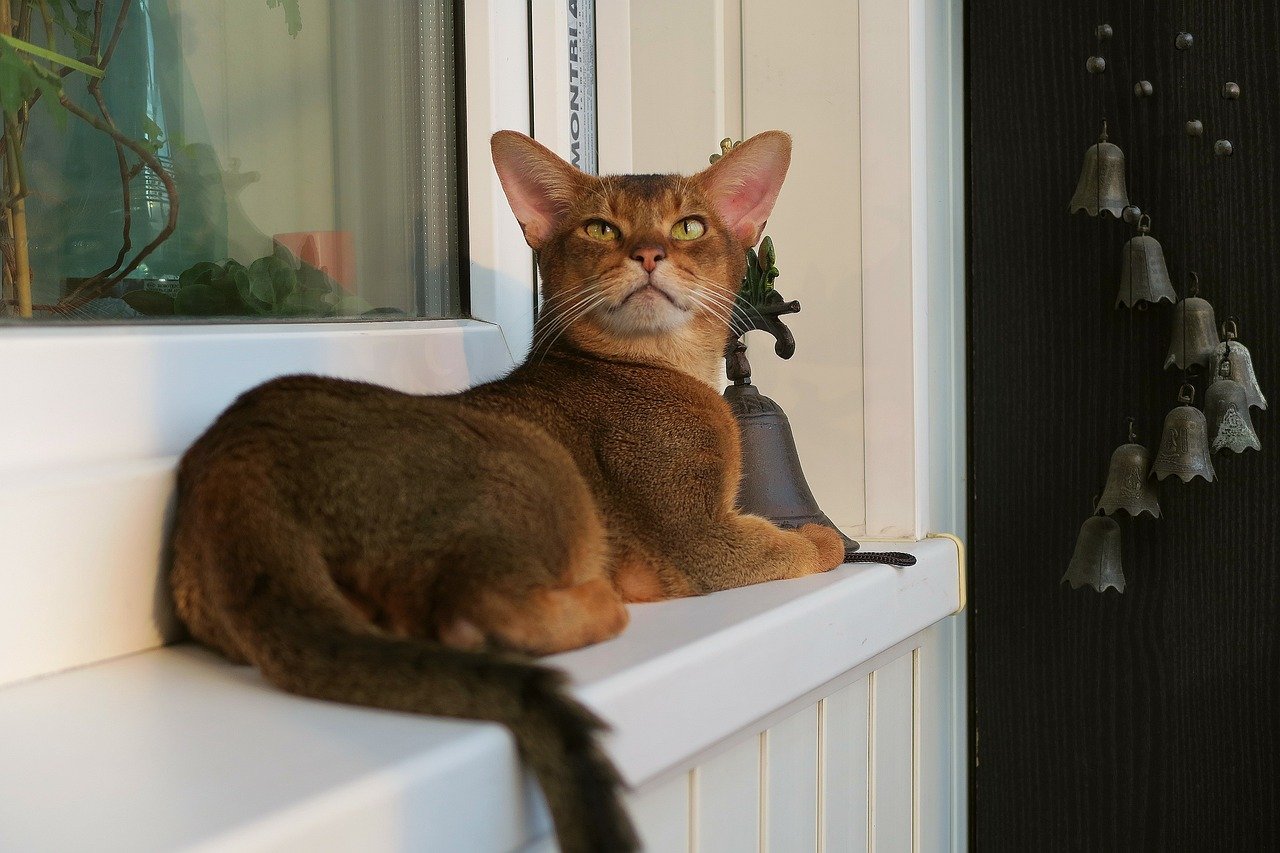
Abyssinians are known for their active and curious nature, often described as the “clowns” of the cat world. While they are generally healthy, they are prone to certain genetic disorders such as Progressive Retinal Atrophy (PRA) and renal amyloidosis. Their adventurous spirit can sometimes lead to accidents or injuries, increasing the likelihood of veterinary visits. Insurers consider these health and behavioral factors when assessing risk, often resulting in higher premiums for Abyssinian owners. Despite these considerations, their playful and engaging personalities make them a beloved choice for many cat lovers.

Growing up traveling and experiencing new cultures and wonders, I have had a passion for nature, adventuring, photography, and videography. I am currently working towards a BSc in Biodiversity and Ecology at Stellenbosch University, and I hope to specialise in Marine Sciences one day.
Please send any feedback to Feedback@animalsaroundtheglobe.com


